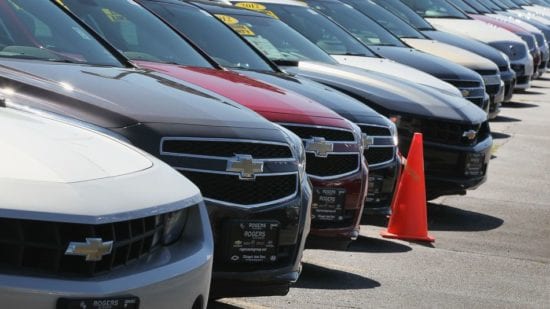MOT tests may soon introduce the clause when driverless cars hit the road to ensure safety and quality standards are maintained for road users. The new safety standard known as CAV PASS, will help minimise defects ahead of testing and wider deployment of autonomous cars on UK roads. The new measures will first focus on enabling trialling for self driving vehicles but the aim is to asssure security for cars when they are finally sold to the public. The scheme is part of an ongoing project to build the first code of practice for automated vehicle trials so scientists can build the cars of the future.
MOT future updates may see cars tested for #cybersecurity to avoid being hacked https://t.co/268sIjhNJd #StayAlert pic.twitter.com/OwZircESzH
— Autoscreens (@autoscreens) June 2, 2020
The opinions expressed in this post belongs to the individual contributors and do not necessarily reflect the views of Information Security Buzz.



